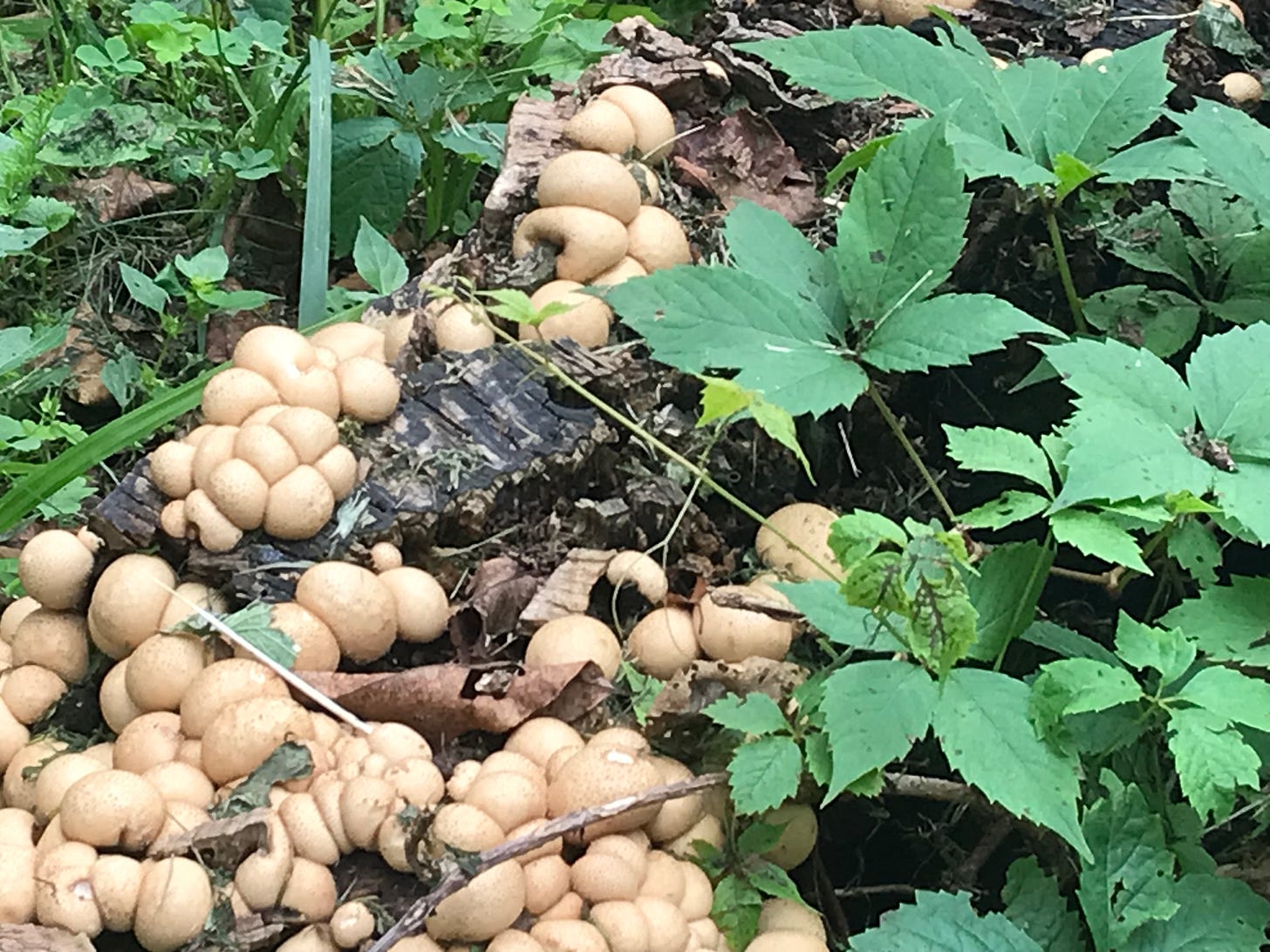We were walking along Main Street in Stockbridge, heading west towards the cemetery, not en route to visit the gravesites of any people who once were, but to bathe in the near perfect now. I’m not sure of the grammar of “near perfect.” Something is either perfect or not or you haven’t as yet embraced its perfection. Nonetheless, on this day, a pleasant-looking couple approached heading east and borne along on a cloud of good intentions. They were older, but still vigorous and dressed in good walking shoes and country clothes. “Do you live in Stockbridge?” she asked with some urgency. This could only mean that they were lost or as lost as you can get in a town with a two-street business district. They must be unaware that the Norman Rockwell Museum, honoring the artist who lived in Stockbridge, moved out of the village to a more spacious location a few years back. They probably need directions to the Rockwell, I thought. They’ve been looking forward to standing in front of his four famous paintings, Freedom of Speech, Freedom of Worship, Freedom from Want, and Freedom from Fear, smoking some extra-strength Americana right at the source.
But they weren’t asking for directions. They wanted to alert us to the peril confronting the benevolent elms trees along Main Street under attack by a gypsy moth infestation. “All the trees are going to die,” she said, an evangelical environmentalist brandishing an invisible sign that read Repent in gothic script. “You have to do something about it. You have to tell the people that run the town that there’s very little time left for these elms.” The kingdom of heaven is near. “We’re from Vermont,” he said, where perhaps the Kingdom has already arrived. Freedom from Natural Catastrophe, a painting Rockwell had not yet imagined.
I was aware of the moths swarming around me like a plague of locusts as we walked down the street, but I didn’t connect the dots and it hadn’t occurred to me to tell on them, to inform the powers that be that something was amiss in paradise. The gypsy moth caterpillars were fixing to eat the elm trees.
Something is always eating something else. A few days later, I put on my outrageous, back-of-the closet orange gardening costume, and got the electric weedwacker out of the shed. I don’t exactly enjoy weedwacking, but it is a power tool. It’s the only thing I do that involves noise and destruction. The weedwacker is a macho weapon in my girlish hands. I plugged it in and dragged the long cord out to the raspberry astilbe in the back, then worked my way forward past the lilies and the cranesbill geranium and the bee balm. After an hour of this, my sneakers covered in grass clippings, the sweat trickling down my neck, I came to the old stone wall near the road. The wall, put together more than a century ago without mortar, defines the last piece of weedy territory waiting to be wacked. But then my work met up with a nest of something that called the rock wall the boundary of its own backyard and defended its property rights by biting both my hands, painfully, multiple times. The insects were taupe-colored and oval. Not bees or wasps.
I was stunned by how much it hurt. Both of my hands swelled into soft mounds that made me look like I was wearing boxing gloves. But I didn’t feel like a fighter. My hands were throbbing, burning, and itchy. A rage rose up in me. Not so much at the insects, but at life itself. The inequity of it! Here I was, minutes from finishing my work, anticipating lunch. Why me? Then the thought shuffled in out of the ether, a scrap of whisper from the more-than-human world, that reminded me that I was the invader. I may have stepped on their nest or terrified them with the harsh, metallic racket of the weedwacker engine. I don’t much care for it myself. This intuition did not lessen the pain, but it gave it context. It allowed me to hold the distress of the insects alongside my own.
It was an extremely unfamiliar feeling. I stopped to consider the depth and complexity of a situation that turned out to be much more layered than the initial claims of my ego. It was so unfamiliar that I found myself second-guessing my response. Who was I kidding? Mother of God, they’re bugs! How dare they cause me so much pain? But once the spirit is illuminated by a new discovery, a new way of looking at things, it can’t just toss it aside. It can’t pretend it doesn’t know. It absorbs the teaching and sifts through its larger implications. What if this newfound capacity to hold the distress of the Other alongside my own informs my encounters with other people? What if it’s the secret to the resolution of all conflict? Is this what they mean when they chatter on about empathy? Tell me. I’m listening.
Copies of my 2019 essay collection, Twilight Time: Aging in Amazement, are available directly from me (signed) or from Amazon or your local bookseller.





I have nothing to add. You said it!
It is empathy, I think, but more than that, it is acceptance. In Buddhism the acceptance would be of the “Isness” of it. Acceptance could at first offend a code, a belief, a priority or even goodness itself but I don’t think it ever makes things harder. A patient of mine pushed back on this. She asked if she should accept the holocaust. Of course this like the destruction of the environment, abandonment of children, the Supreme Court- the list is endless are not acceptable. The practice that I think that you are writing about is what happens in us when, nevertheless, we do.